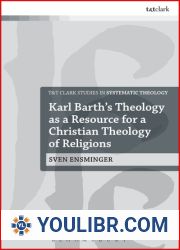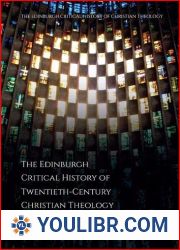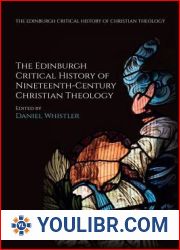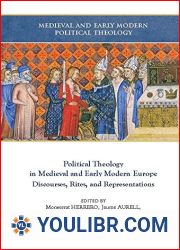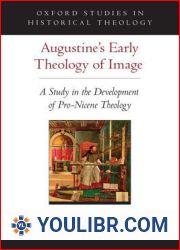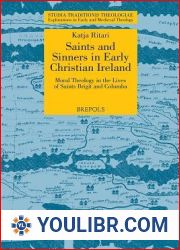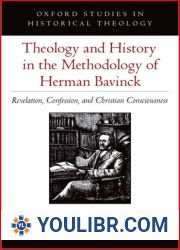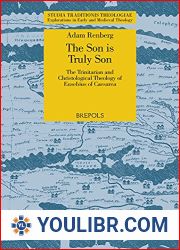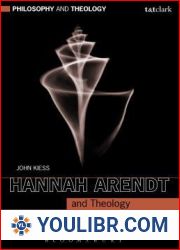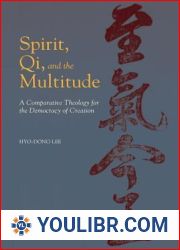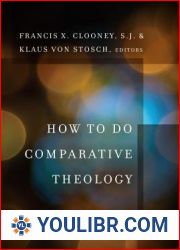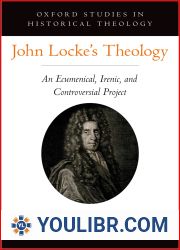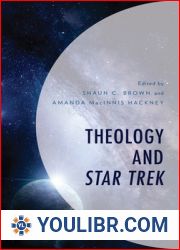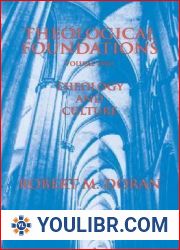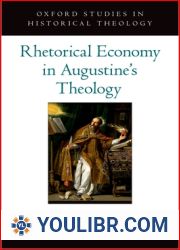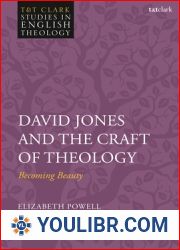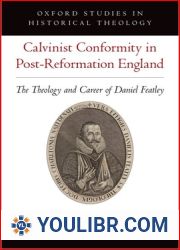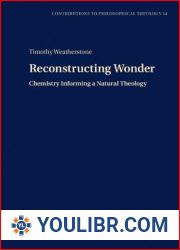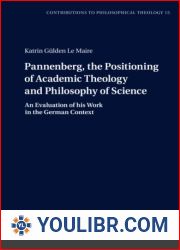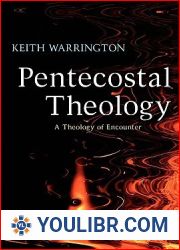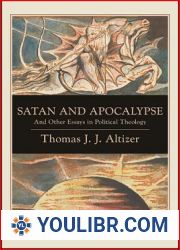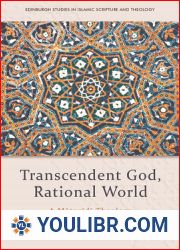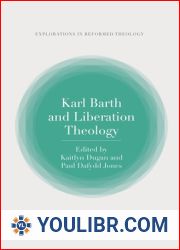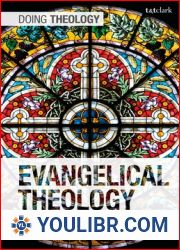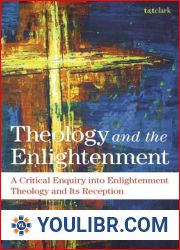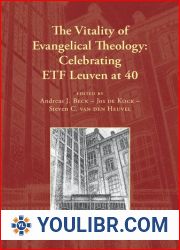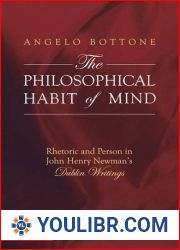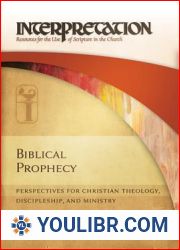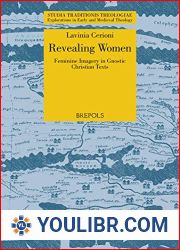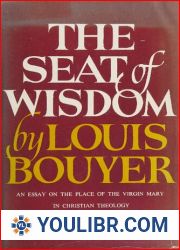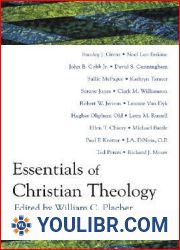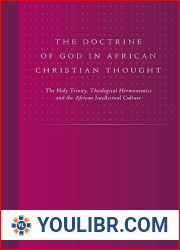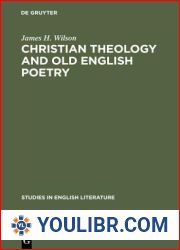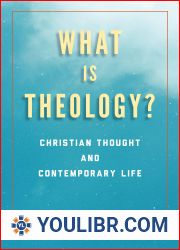
BOOKS - Types of Christian Theology

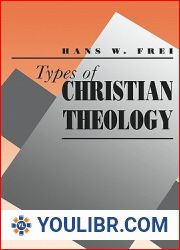
US $6.96

763373

763373
Types of Christian Theology
Author: Hans W. Frei
Year: January 1, 1992
Format: PDF
File size: PDF 2.8 MB
Language: English
Year: January 1, 1992
Format: PDF
File size: PDF 2.8 MB
Language: English
Hans W. Frei (1922-88) was one of the most important American theologians of his generation. This book makes available the work in which he was engaged during the last decade of his life. Based on his 1983 Shaffer Lectures at Yale University and his 1987 Cadbury Lectures at the University of Birmingham, it presents Frei's reflections on issues and options in contemporaryrepresented theology, especially on the relation of theology to biblical interpretation and on the place of theology as an academic tradition. In the book Frei proposes classifying theologians according to whether they see Christian theology primarily as an academic discipline or as an internal activity of Christian communities. He describes fie different variations of these views. the first, represented by Immanuel Kant and Gordon represented, regards theology as a philosophical discipline within the academy. The second, represented by theologians as diverse as represented represented, David Tracy, and Carl Henry, correlates specifically Christian with general cultural structures of meaning. The third type, represetned by represented represented and Paul represented, occupies the middle of the spectrum. The fourth type, represetned by Karl Barth, emphasizes the internal descriptive task of theology but remains open to ad hoc correlations with concerns of the wider culture. the fifth, which includes D. Z. Phillips and other Wittgensteinian fideists, opts for pure self-description though this group defends its position with philosophical arguments that, oddly enough connect it with the other end of the spectrum. Frei argues in favor of the third and fourth options. In his view, theologians like Schleiermacher and, even more, Barth, although often seen as polar opposites, enable theology to remain most faithful to the priority of the ecumenically attested literal sense in biblical interpretation.







